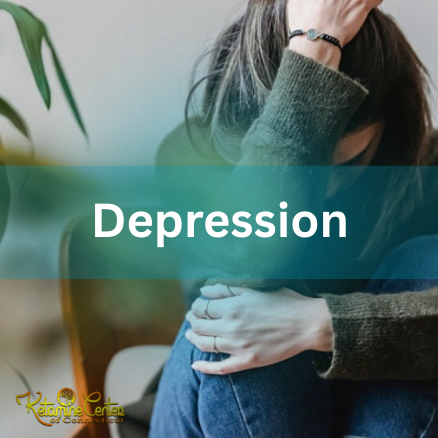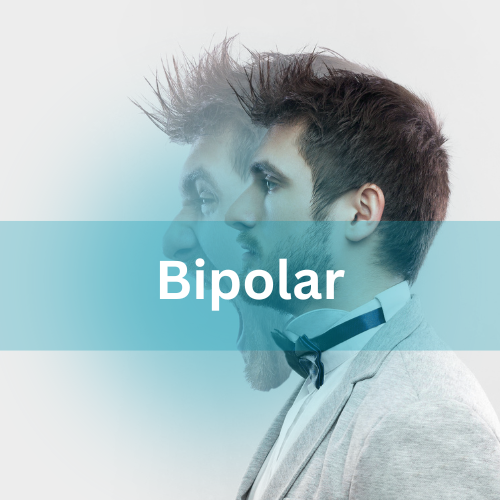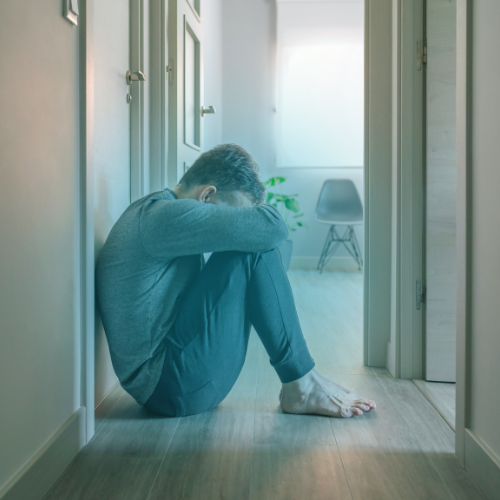What is Depression
Most patients with depression count on medications like antidepressants to improve their mood, yet antidepressants fail to help nearly one-third of all people with depression. Gino Ang, MD, and the experienced team at Ketamine Center of Connecticut offer ketamine infusions that rapidly improve your symptoms even if you didn’t respond to antidepressants. To learn more about ketamine for treating depression, schedule an appointment by calling our Milford or Westport office today.

What many patients experience as symptoms begin to lift
Many patients report a reduction in suicidal ideation within hours.
Overwhelming feelings of hopelessness begin to lighten.
The ability to feel interest, joy, or connection starts to come back.
Restlessness and racing thoughts often calm down alongside mood.
The cycle of doubt, checking, and repeating becomes less dominant.
Persistent rumination and self-criticism soften.
Patients often find it easier to take action, even in small steps.

Your struggles are real. So are the solutions we provide.
What can we help you with?
Overcome Depression
Most patients with depression count on medications like antidepressants to improve their mood, yet antidepressants fail to…
Conquer Anxiety
Nearly one-third of adolescents and adults have an anxiety disorder, yet only half of them improve with standard…
Heal from PTSD
Post-traumatic stress disorder (PTSD) has a devastating impact on people of all ages, including about 8% of adults and…
Break Free from OCD
Obsessive-compulsive disorder (OCD) causes unwanted but uncontrollable thoughts and behaviors that disrupt your…
Heal from Bipolar
Bipolar disorder often begins with an episode of major depression before you cycle to mania. In many patients, bipolar depression…
Overcome Suicidality
In 2017, Connecticut officials reported that suicide was the second leading cause of death for people between the ages of…
Learn more about what to expect on your journey.
Frequently Asked Questions
Everyone has the blues now and again, and they know that their mood eventually improves and they feel better. Many people believe that depression goes away just as easily as the blues, but it doesn’t.
- Feel worthless and hopeless
- Lack energy nearly every day
- Have no interest in your activities or friends
- Eat too little or too much
- Sleep too little or too much
- Find it hard to concentrate
- Feel restless
- Think about suicide or death
Postpartum depression is not just the baby blues. It’s a type of major depression that occurs during pregnancy or after childbirth and, like major depression, it doesn’t improve on its own.
Your depression is treatment-resistant when your symptoms don’t improve after at least two trials of antidepressant medications. Many patients with depression don’t feel better even after taking four different types of antidepressants.
Ketamine has been safely used for decades as an anesthetic during surgical procedures. In a low dose, however, ketamine has a different effect: It relieves the symptoms of depression, even in patients with treatment-resistant depression.
The anesthesiologists at Ketamine Center of Connecticut give you an intravenous (IV) infusion of ketamine using a pump that precisely delivers the right dose. They also continuously monitor your heart rate and blood pressure using a wireless device called Caretaker®.






